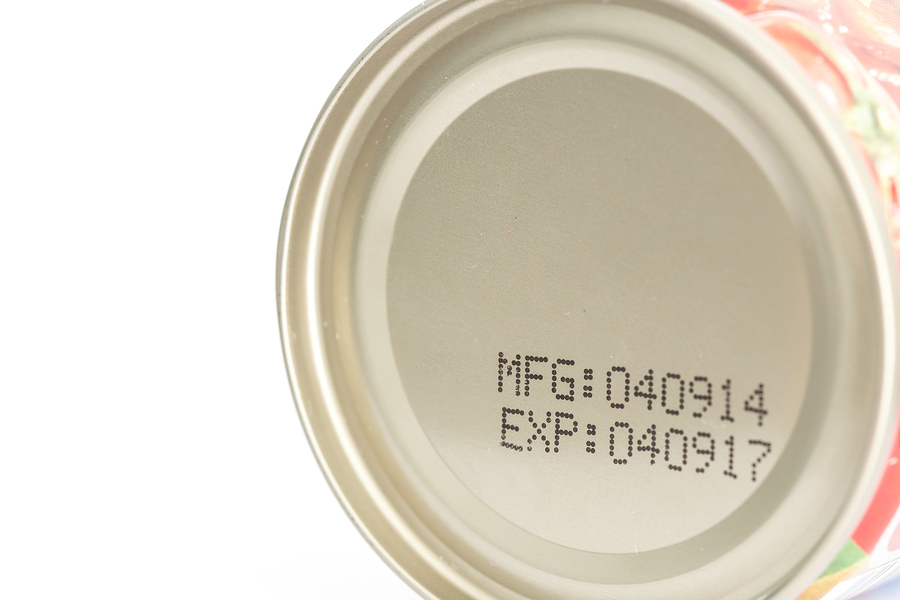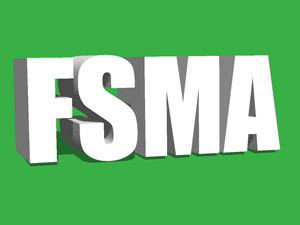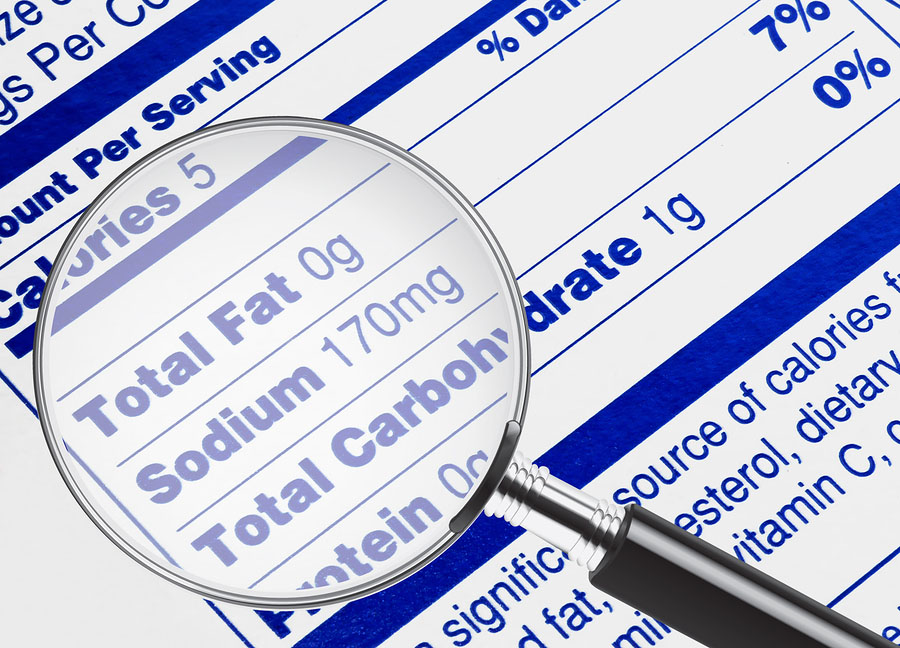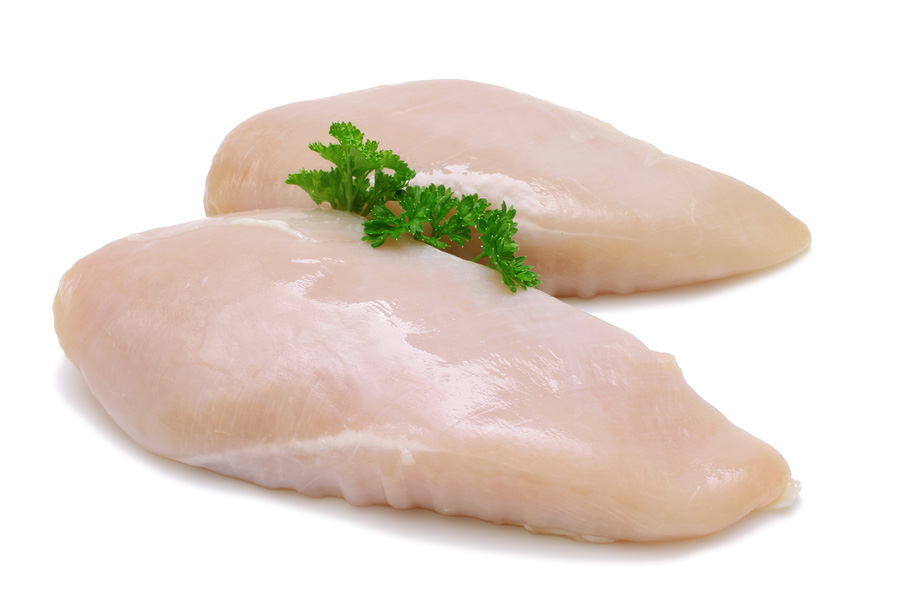On December 14, 2016, the U.S. Department of Agriculture’s (USDA) Food Safety and Inspection Service published revisions to guidance on food product dating. The new guidance is aimed at reducing food waste through encouraging food manufacturers and retailers that apply product dating to use a “Best if Used By” date label. This post summarizes the key points of the guidance.
What Date-Labeling Phrase does FSIS Recommend?
USDA estimates food loss and waste at 30 percent of the food supply lost or wasted at the retail and consumer levels. One source of food waste arises from consumers or retailers throwing away wholesome food because of confusion about the meaning of dates displayed on the label. To reduce consumer confusion and wasted food, FSIS recommends that food manufacturers and retailers that apply product dating use a “Best if Used By” date. Research shows that this phrase conveys to consumers that the product will be of best quality if used by the calendar date shown. Foods not exhibiting signs of spoilage should be wholesome and may be sold, purchased, donated and consumed beyond the labeled “Best if Used By” date.
Does Federal Law Require Dating?
Except for infant formula, product dating is not required by Federal regulations.
For meat, poultry, and egg products under the jurisdiction of the Food Safety and Inspection Service (FSIS), dates may be voluntarily applied provided they are labeled in a manner that is truthful and not misleading and in compliance with FSIS regulations. To comply, a calendar date must express both the month and day of the month. In the case of shelf-stable and frozen products, the year must also be displayed. Additionally, immediately adjacent to the date must be a phrase explaining the meaning of that date such as “Best if Used By.”
Are Dates for Food Safety or Quality?
Manufacturers provide dating to help consumers and retailers decide when food is of best quality. Except for infant formula, dates are not an indicator of the product’s safety and are not required by Federal law.
Safety After Date Passes
With an exception of infant formula, if the date passes during home storage, a product should still be safe and wholesome if handled properly until the time spoilage is evident (Chill Refrigerate Promptly). Spoiled foods will develop an off odor, flavor or texture due to naturally occurring spoilage bacteria. If a food has developed such spoilage characteristics, it should not be eaten.
Microorganisms such as molds, yeasts, and bacteria can multiply and cause food to spoil. Viruses are not capable of growing in food and do not cause spoilage. There are two types of bacteria that can be found on food: pathogenic bacteria, which cause foodborne illness, and spoilage bacteria, which cause foods to deteriorate and develop unpleasant characteristics such as an undesirable taste or odor making the food not wholesome, but do not cause illness. When spoilage bacteria have nutrients (food), moisture, time, and favorable temperatures, these conditions will allow the bacteria to grow rapidly and affect the quality of the food. Food spoilage can occur much faster if it is not stored or handled properly. A change in the color of meat or poultry is not an indicator of spoilage (The Color of Meat and Poultry).
Can Food be Donated After the Date Passes?
Yes. The quality of perishable products may deteriorate after the date passes but the products should still be wholesome if not exhibiting signs of spoilage. Food banks, other charitable organizations, and consumers should evaluate the quality of the product prior to its distribution and consumption to determine whether there are noticeable changes in wholesomeness (Food Donation Safety Tips).
What Do Can Codes Mean?
Packing codes are a type of closed dating which enable the tracking of product in interstate commerce. These codes also enable manufacturers to rotate their stock and locate their products in the event of a recall.
Codes appear as a series of letters and/or numbers and refer to the date the product was canned. The codes are not meant for the consumer to interpret as a “Best if Used By” date.
Cans must exhibit a code or the date of canning. Cans may also display “open” or calendar dates. Usually these are “Best if Used By” dates for peak quality. Discard cans that are dented, rusted, or swollen. High-acid canned foods (e.g. tomatoes and fruits) will keep their best quality for 12 to 18 months. Whereas, low-acid canned foods (e.g. meats and vegetables) will keep for two to five years. Additional information on food canning and the handling of canned foods may be found at Shelf-Stable Food Safety.
Dates on Egg Cartons
Use of either a “Sell-By” or “Expiration” (EXP) date is not a federal regulation, but may be required, as defined by the egg laws in the state where the eggs are marketed. Some state egg laws do not allow the use of a “sell-by” date.
Many eggs reach stores only a few days after the hen lays them. Egg cartons with the USDA grade shield on them must display the “pack date” (the day that the eggs were washed, graded, and placed in the carton). This number is a three-digit code that represents the consecutive day of the year starting with January 1 as 001 and ending with December 31 as 365. When a “sell-by” date appears on a carton bearing the USDA grade shield, the code date may not exceed 30 days from the date of pack.
After purchasing eggs, it is recommended to refrigerate them in their original carton and place them in the coldest part of the refrigerator, not in the door due to loss of coolness from repeated opening of the door.
Date Labeling and Impact on Food Waste
Confusion over the meaning of dates applied to food products can result in consumers discarding wholesome food.
In an effort to reduce food waste, it is important that consumers understand that the dates applied to food are for quality and not for safety. Food products are safe to consume past the date on the label, and regardless of the date, consumers should evaluate the quality of the food product prior to its consumption.
Please contact Erik Lieberman at erl1@liebermanpllc.com or 202.830.0300 for additional information.





